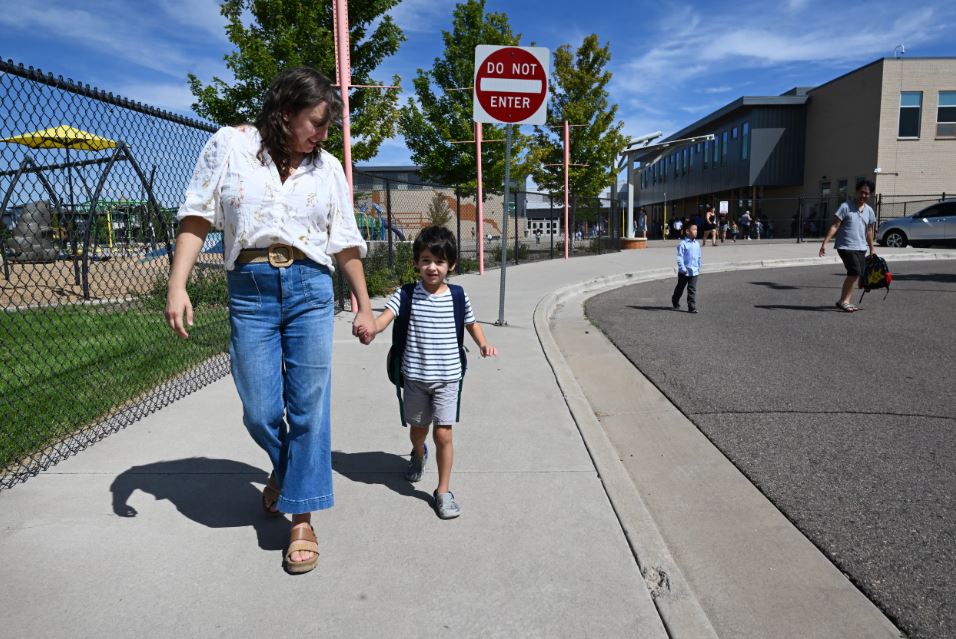A 2022 Colorado law was meant to create a clear path for students with autism to access ABA therapy during the school day. But for many families, that path has become a frustrating cycle of denials, vague policies, and stalled progress.
Despite having prescriptions for medically necessary ABA services and private insurance willing to cover the cost, parents in districts like Denver Public Schools are still hearing “no.” The very law that was designed to open doors now seems to be enabling a patchwork of interpretations, leaving children with autism caught in the middle.
What’s Really Happening in Colorado Schools?
Take Julian, a 5-year-old student in Denver. His pediatrician recommended 35 hours of ABA therapy each week, but without approval from his school to allow his private ABA provider into the classroom, he gets less than a third of that—after school hours. His parents worry he’s regressing. They’ve seen firsthand how impactful ABA support can be when delivered consistently, even in educational settings.
While the 2022 legislation required schools to create a policy addressing how students might receive medically necessary services in school, it stopped short of mandating actual access to ABA providers. The result? Policies that often give the illusion of cooperation while systematically denying support.
According to data obtained by public records, Denver Public Schools granted just 11% of ABA-related requests last year. In contrast, other large districts in Colorado approved all or most of the similar requests they received.
When Policies Prioritize Process Over Progress
District leaders argue their decisions are based on IEP team evaluations and the belief that school staff already embed behavioral strategies into classroom supports. But parents and advocates argue that ABA therapy isn’t being duplicated—it’s being denied.
Families say they feel forced to choose between their child receiving ABA therapy or attending school. Some even report that when they do pull their children out of school for therapy, they’re penalized with missed instruction and the risk of grade retention.
This leaves many children with autism without meaningful access to the intensive, data-driven interventions they need to thrive academically and socially.
Standing Up for Better Outcomes in the Classroom
As providers of ABA programs in Colorado, we know that real inclusion means giving children the tools they need to succeed—not just the appearance of support on paper. ABA therapy is most effective when it’s integrated into a child’s natural environments, including their school. Denying this opportunity puts limits on potential that no child should have to face.
Every child deserves access to education and the services they need to succeed in that environment. We support families advocating for both.
Get in touch today to learn how we can help you navigate your options and secure the right support for your child. We’re committed to partnering with families, advocating for meaningful change, and providing ABA therapy that creates real progress—wherever your child needs it most.


